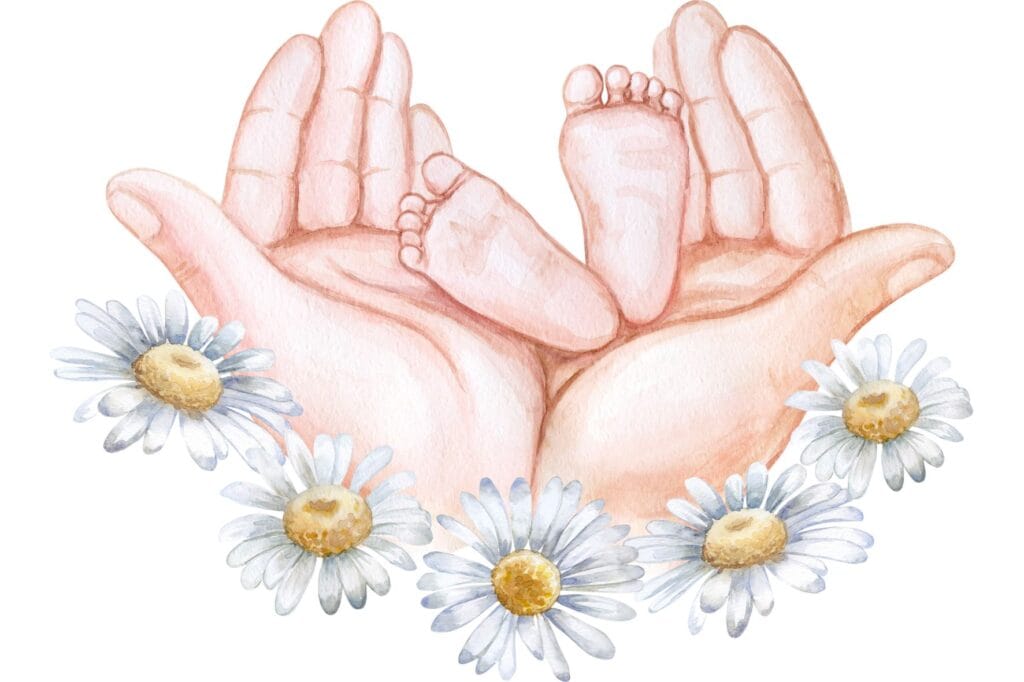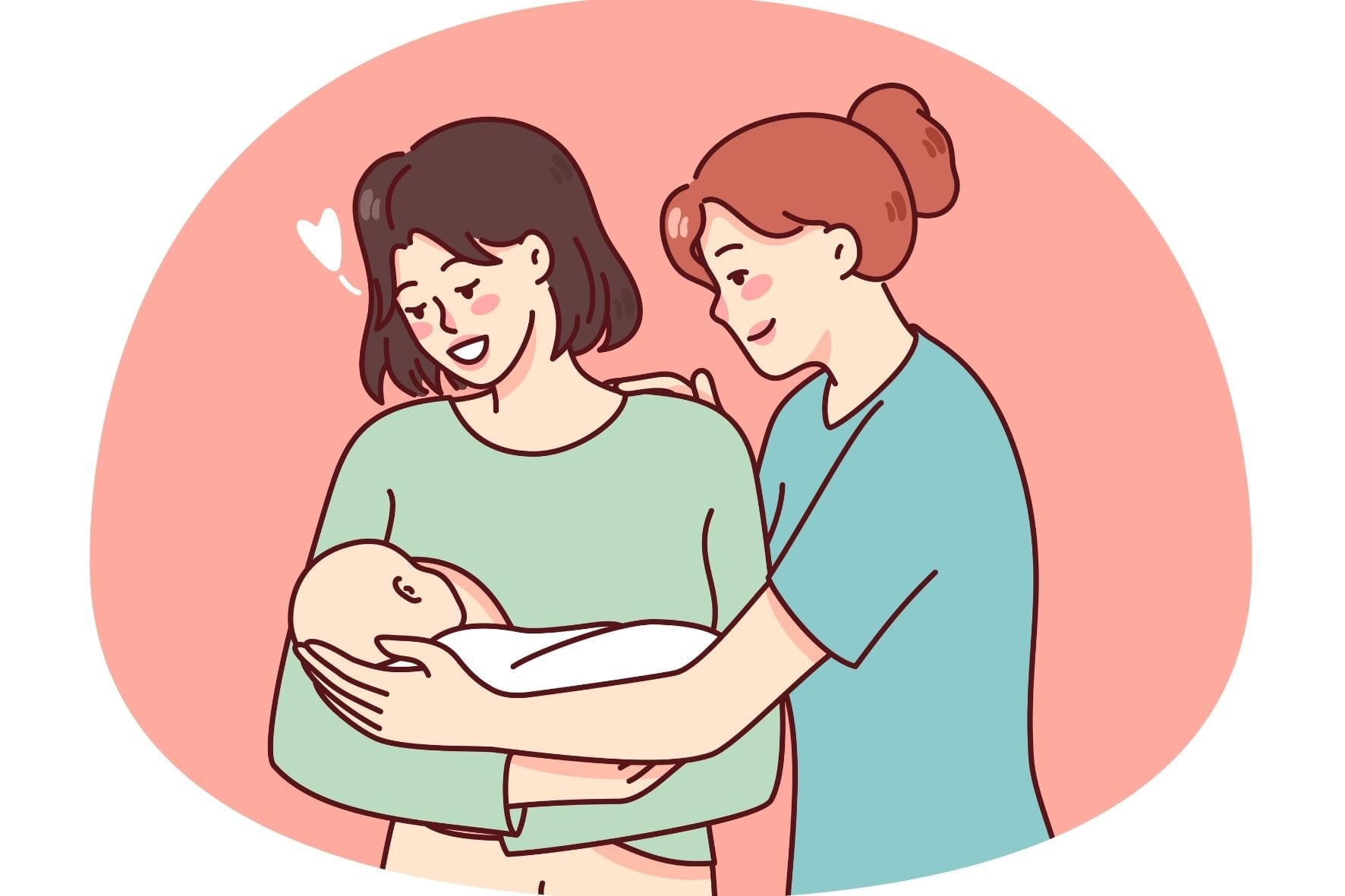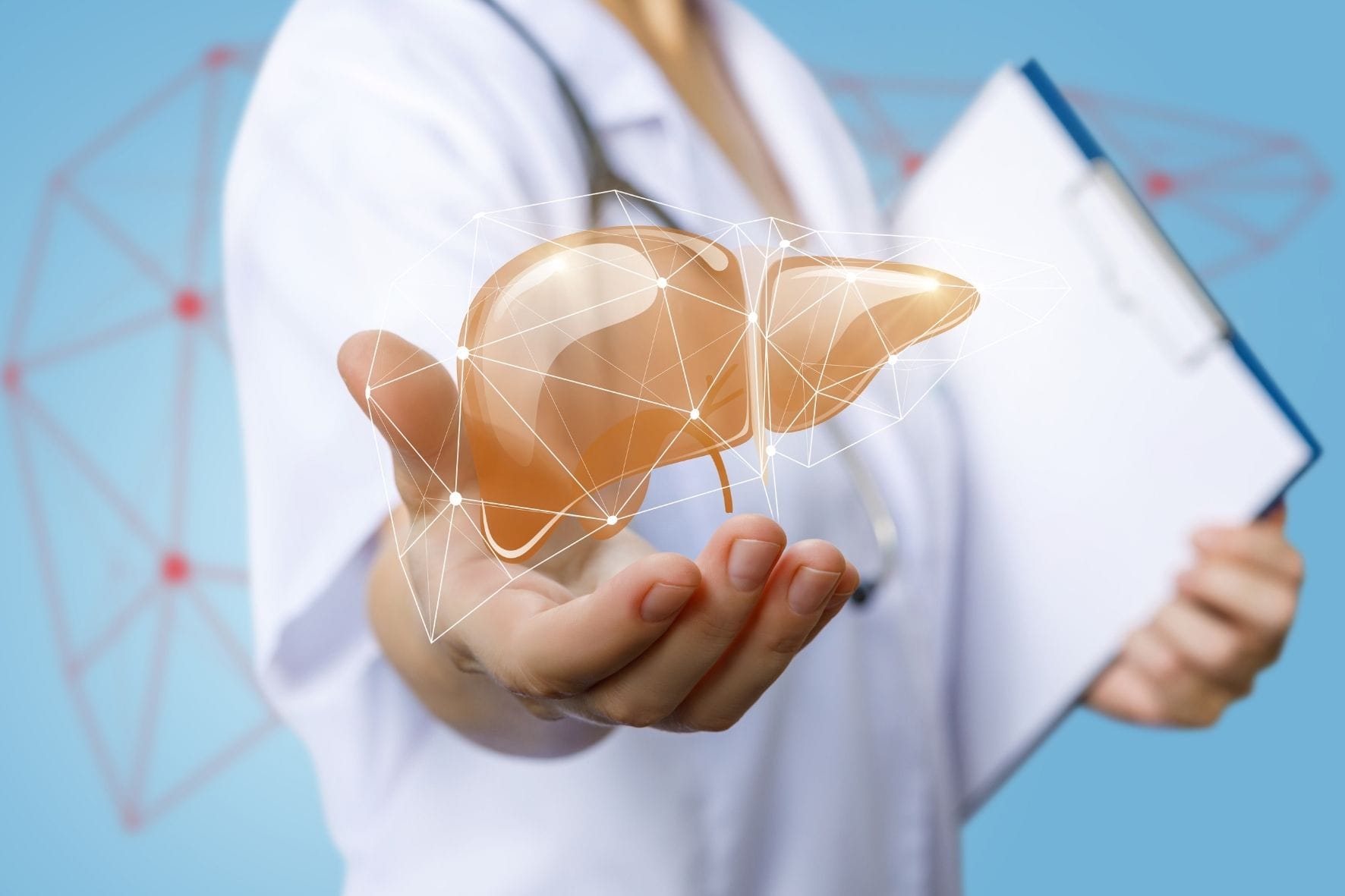Welcoming a newborn is a life-changing moment filled with joy, love—and often, unexpected challenges. While much of the focus is placed on pregnancy and delivery, postpartum care is just as critical. The period following childbirth, known as the postpartum phase, is a time of immense physical recovery and emotional adjustment. Yet, it’s also one of the most overlooked aspects of maternal health.
So, is postpartum care the secret to a healthier, happier motherhood experience? Let’s explore the physical, emotional, and lifestyle elements of postpartum recovery — and how you can thrive during this transformative time.
Table of Contents
What Is Postpartum Care and Why Is It Important?
Postpartum care refers to the support and medical attention a mother receives in the first 6 to 8 weeks after giving birth. But more than a checklist, it’s a holistic approach to healing the body, balancing emotions, and building a strong support system.
From vaginal soreness and hormonal shifts to mental health changes, a mother’s body and mind undergo immense transformation. Recognising the value of comprehensive postpartum care can lead to better long-term health—for both mother and baby.
Common Physical Challenges After Childbirth: Dimension Of Postpartum Care

Postpartum physical difficulties are common for women. In fact, studies show that over two-thirds (69%) of new mothers report experiencing at least one physical health problem after giving birth. Here’s what to expect—and how to manage it:
🔹 Perineal Pain
Pain in the area between the vagina and anus is common, especially after vaginal births. Ice packs, warm baths, and proper hygiene can ease discomfort.
🔹 Vaginal Bleeding (Lochia)
This postpartum discharge lasts 4–6 weeks and progresses through three stages. Monitoring the bleeding pattern helps detect abnormalities early.
🔹 Uterine Contractions (“Afterpains”)
As the uterus shrinks back to size, cramping similar to menstrual pain is normal.
🔹 Breast Changes & Challenges
Postpartum breast engorgement, cracked nipples, and mastitis can occur during breastfeeding. Regular feeding and proper latching techniques can help.
🔹 Hair Loss
Telogen effluvium, or postpartum hair shedding, typically starts a few weeks after delivery and resolves within months.
🔹 Additional Symptoms
✅ Fatigue: Feeling exhausted and tired is typical as your body recovers and adjusts to caring for a newborn.
✅ Night Sweats: Many new mothers experience night sweats due to hormonal fluctuations.
✅ Constipation: Hormonal changes can lead to constipation, which is a common issue for many women post-delivery. Staying hydrated and consuming fiber-rich foods can help alleviate this discomfort.
✅ Skin pigmentation (melasma or dark patches): Hormonal shifts may also lead to dark patches or hyperpigmentation on the skin, which can become more noticeable during the postpartum period.
Suggested Postpartum Care: Fuel for Healing
Think of postpartum recovery as a holistic lifestyle reset. Your body has undergone profound changes, and it’s essential to nourish it with the right foods while also incorporating mindful movements instead of rushing into aggressive fitness routines.
🔹 What to Eat:
✅ Whole grains for steady energy
✅ Lean proteins (chicken, fish, legumes) for tissue repair
✅ Fruits & vegetables for fiber and antioxidants
✅ Healthy fats like avocado, flaxseed, and nuts for brain and hormone support
Meal prepping or batch cooking can make nutritious eating easier during those sleep-deprived weeks.
🔹 When to Start Moving Again: Physical Activity Tips
Don’t rush into intense workouts—your body needs time to heal. Always get your healthcare provider’s clearance, especially if you have a C-section or complications. Some Safe Postpartum Activities Include:
✅ Walking: Great for circulation and stress relief
✅ Gentle stretching
✅ Postpartum yoga or pelvic floor exercises
These activities can enhance mood, improve sleep, and support gradual weight recovery. It’s essential to listen to your body and consult with a healthcare provider before starting any exercise program to ensure safety and effectiveness.

🔹 Mindfulness, Movement & Mood: The Holistic Healing Approach
Integrating mindfulness practices into daily routines can boost emotional resilience, it can help alleviate stress, and promote relaxation, thus making it easier to cope with the demands of new motherhood, some of the common practices include:
✅ Deep breathing & meditation
✅ Gratitude journaling
✅ Yoga for relaxation & reconnection
Remember Mental wellness is a lifestyle, not a one-time fix.
🔹 Redefining Your Identity: Fashion, Comfort & Confidence
As your body changes, so should your wardrobe, Embrace Comfort & Sustainability:
✅ Opt for nursing-friendly wear
✅ Choose organic cotton or bamboo for skin-sensitive areas
✅ Find styles that make you feel confident and beautiful
✅ Self-expression through clothing can restore confidence during a time when many women feel disconnected from their pre-pregnancy identity.
Mental Health Matters: Recognising Postpartum Depression & Anxiety

🔹 Postpartum Depression (PPD)
Affects about 1 in 8 mothers, a common mood disorder characterised by symptoms like:
✅ Persistent sadness or crying
✅ Mood swings, irritability
✅ Trouble sleeping or eating
✅ Feelings of guilt, shame, or worthlessness
Recognizing the signs of PPD is crucial for seeking timely help. PPD requires professional support and is not a reflection of your parenting abilities.
🔹 Differences Between Baby Blues and PPD
Many women experience “baby blues,” characterized by temporary mood swings, emotional sensitivity, and fatigue. Unlike PPD, baby blues generally resolve within a few weeks. However, if symptoms persist or worsen, it’s important to seek professional help as PPD may require more intensive intervention.
🔹 Postpartum Anxiety
Postpartum anxiety (PPA) is marked by excessive worry, panic, and physical symptoms such as a racing heartbeat. It can manifest weeks after giving birth and may last for several months. Research suggests that between 11% and 21% of new mothers will experience postpartum anxiety, making it essential to recognize and address these feelings.
Treating mental health as a lifestyle choice is vital. Understanding that postpartum mental health is just as crucial as physical recovery can empower mothers to prioritize their emotional well-being.
The Role of Support: Family, Partners & Professionals
Your support system can include family, friends, and online communities. Connecting with other mothers who understand your journey can provide invaluable emotional support. The involvement of family members in practical aspects of caregiving and emotional encouragement can significantly enhance a new mother’s mental health, fostering an environment conducive to recovery and bonding with the baby.

Resources Available for New Mothers:
🔹Healthcare Providers
Postpartum check-ups are essential for monitoring recovery, addressing physical and mental health concerns, and ensuring that mothers are adjusting well to their new roles. During these visits, healthcare providers may conduct screenings, offer advice, and discuss any issues the mother may be facing.
🔹Lactation Consultants: Role and How They Can Help
Lactation consultants are qualified specialists who focus on breastfeeding support. They can help mothers overcome challenges, improve breastfeeding techniques, and provide education on the benefits of breastfeeding for both mother and baby. Their expertise can make a significant difference in a mother’s breastfeeding experience.

The Role of Partners and Family:
🔹Emotional Support
Partners play a crucial role in providing emotional reassurance and understanding during the postpartum period. They can help by actively listening, validating feelings, and offering encouragement. Having a supportive partner can make a world of difference in a mother’s recovery journey.
🔹Sharing Responsibilities: Importance of Teamwork
Sharing household chores and childcare responsibilities can alleviate stress for new mothers. Establishing a partnership that balances duties allows both partners to contribute meaningfully, creating a supportive environment for the family.
What Should Be The Postpartum Care Manifesto

Postpartum care is not a to-do list—it’s a full-spectrum lifestyle reset. It’s about honoring your physical recovery, tending to your mental health, and embracing support without guilt or hesitation, remember that prioritizing your well-being is essential for both you and your baby.
Embrace this unique chapter with grace and intention. Acknowledge the changes in your body, your emotions, and your daily routines. It’s perfectly normal to seek help and support as you adjust to your new role. Surround yourself with a nurturing community, equip yourself with knowledge, and engage in self-care practices that resonate with you.
Key Takeaways for New Mothers
Motherhood is beautiful—but it’s also challenging. By investing in holistic postpartum care, you can reclaim your strength, support your mental and physical well-being, and build a strong foundation for your growing family.
To every new mother reading this—your well-being matters.
Let’s talk about postpartum care more openly, support one another without judgment, and create a healthier future for mothers everywhere, and forward this guide to a new mother you know so that they can navigate the journey of Postpartum Care effectively.
👉 Also, don’t miss our in-depth guide on how to manage weight and prevent obesity—packed with practical tips and science-backed strategies. Click here to read the full article.



